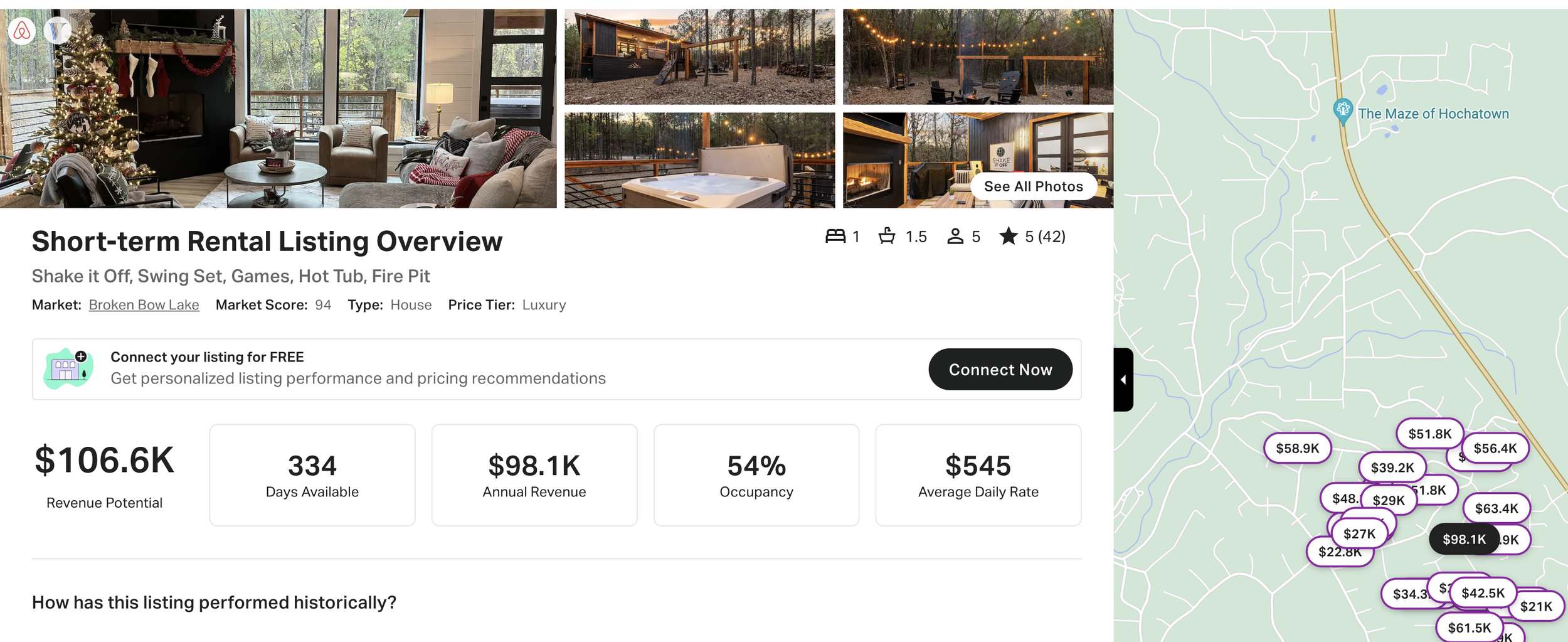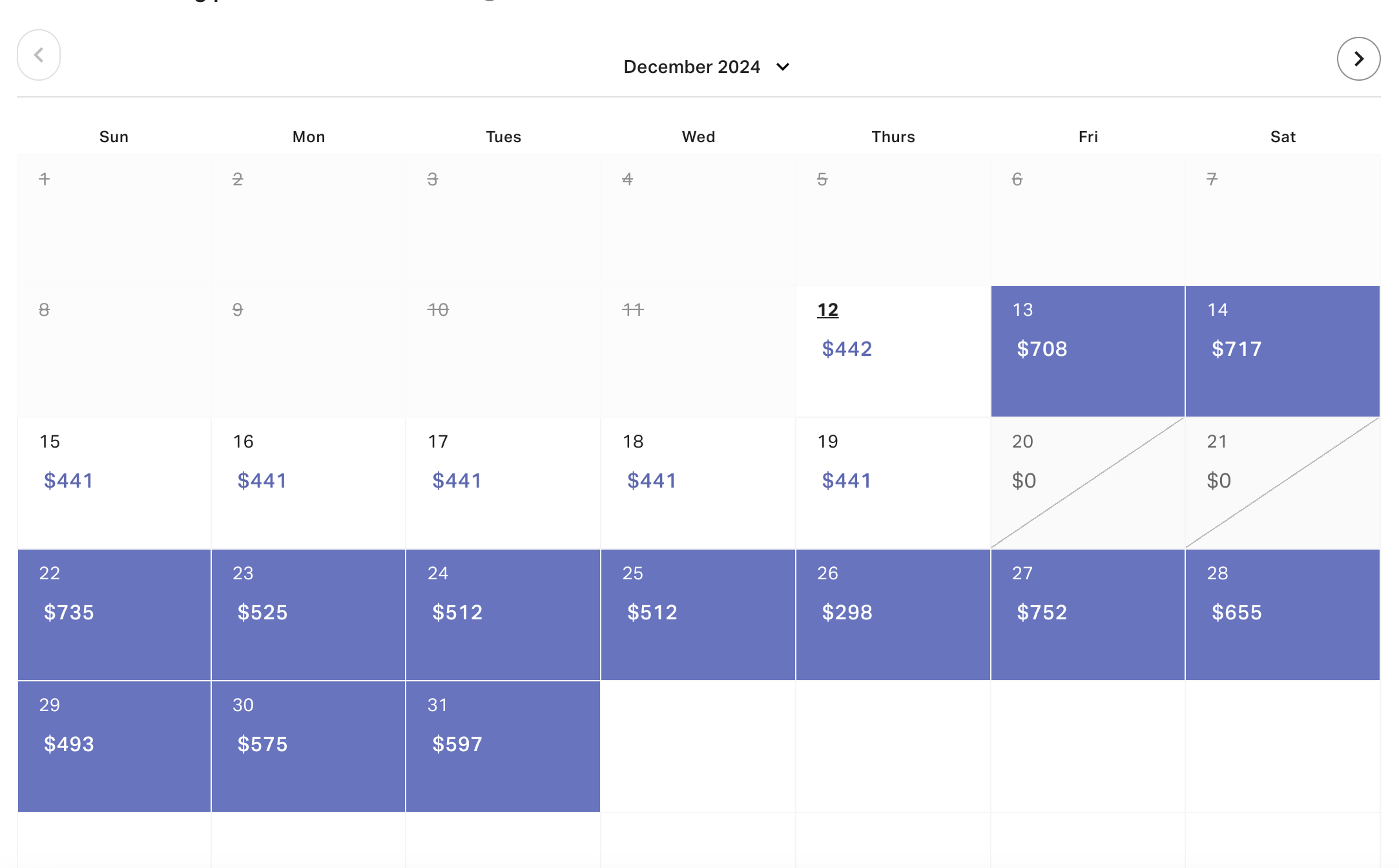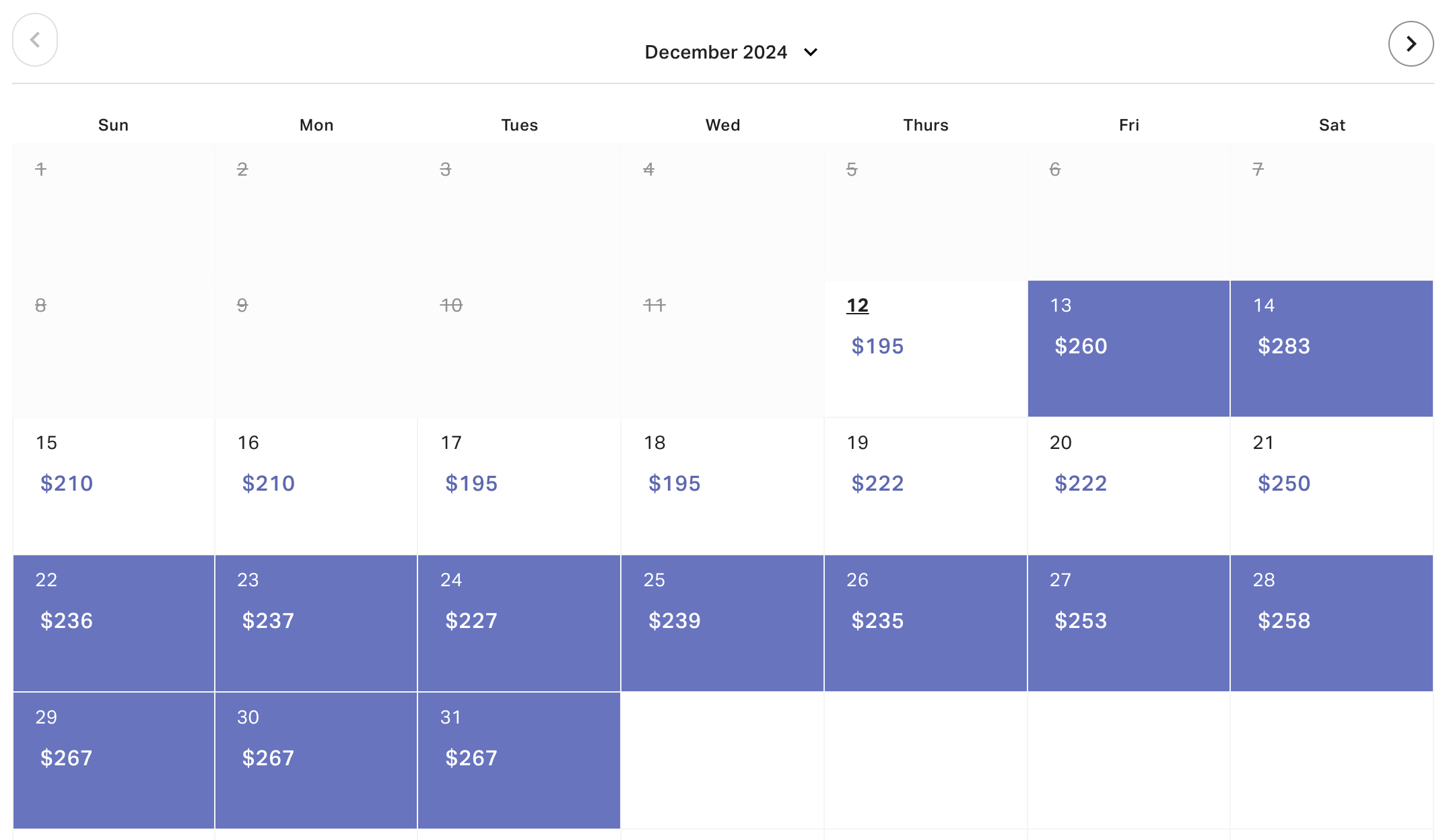Crowdfunding in Real Estate: A New Way to Invest in Property
Real estate crowdfunding has emerged as a revolutionary approach, democratizing property investment and opening doors for small-scale investors in 2025. This innovative method allows individuals to pool their funds online, investing in larger real estate projects that would typically be inaccessible to them individually.
How Real Estate Crowdfunding Works
Project Listing: Developers list their projects on specialized crowdfunding platforms, providing details about the investment opportunity. These platforms act as intermediaries, connecting developers with a global pool of investors.
Investor Selection: Investors review these projects, considering potential returns, risk factors, and their investment goals.
Funding: Investors contribute funds through the platform, with minimum investments often starting as low as $100 to $500. These pooled funds then finance the real estate project.
Returns: Investors earn returns based on the project's success, typically through rental income, property appreciation, or a combination of both.
Potential Benefits for Small-Scale Investors
Accessibility: Real estate crowdfunding lowers the barrier to entry, allowing individuals to invest in real estate with smaller amounts of capital. Fractional ownership allows investors to get started without needing a huge sum of money.
Diversification: It enables investors to spread their investments across multiple properties or real estate markets, reducing risk. Investors can explore a wide range of properties, from residential to commercial.
Passive Income: Investors can earn a steady income stream without the responsibilities of property management, such as handling tenants or maintenance.
Transparency: Crowdfunding platforms typically provide detailed project information, including financial projections, timelines, and potential risks. This helps investors make informed decisions.
Technological Advancements: Online platforms provide real-time investment monitoring and vast investment options from anywhere, improving market penetration. Advanced data analytics and blockchain technology enhance security and decision-making.
International Investment: It has made it easier than ever to invest in a different country’s real estate.
Real Estate Crowdfunding Models in 2025
Equity Crowdfunding: Investors gain partial ownership of a property, generating returns through rental income and capital appreciation. This model is favored for large-scale commercial and high-end residential projects.
Debt Crowdfunding: Investors lend money to property developers for fixed interest payments, appealing to risk-averse investors seeking steady returns over shorter periods.
Tokenized Crowdfunding: Incorporates blockchain technology, offering enhanced liquidity and lower entry barriers. Investors hold digital tokens representing property ownership.
Hybrid Models: Combines equity and debt elements, offering both fixed income and potential capital gains, catering to diverse risk appetites1.
The Impact of Crowdfunding on Real Estate Development
Accelerated Project Financing: Connects developers with a global investor pool, speeding up fundraising compared to traditional methods.
Enhanced Transparency: Provides detailed project data on financial projections, timelines, and risks, building trust and attracting more investors.
The Future of Real Estate Crowdfunding
Integration with the Metaverse: Digital real estate in virtual environments opens up new investment avenues.
Regulatory Standardization: Efforts to harmonize regulations across borders will simplify cross-border crowdfunding and encourage broader adoption globally.
Investor Education Initiatives: Platforms are prioritizing investor education through webinars, tutorials, and personalized guidance to bridge the knowledge gap and build confidence.
Collaboration with Traditional Financial Institutions: Banks and financial institutions are partnering with crowdfunding platforms to offer hybrid solutions, combining credibility with innovation.
Challenges Facing Real Estate Crowdfunding
Liquidity Concerns: Real estate investments are typically illiquid, and while tokenization aims to address this, challenges remain in ensuring easy trading of tokenized assets.
Regulatory Uncertainty: The legal and regulatory landscape for crowdfunding and tokenization is still evolving, creating uncertainty for investors and platforms.
Market Volatility: Real estate values can fluctuate, impacting returns and potentially leading to losses for investors.
Platform Due Diligence: Investors must carefully vet crowdfunding platforms to ensure they have robust due diligence processes and a track record of successful projects.
Examples of Crowdfunding Success
Residential Properties: Urban rental developments can offer consistent returns for investors.
Commercial Real Estate: Office spaces or retail centers in growing markets can provide attractive investment opportunities.
Vacation Rentals: Properties in tourist hotspots can generate high-yield investments.
The Rise of Real Estate Crowdfunding
Real estate crowdfunding is fundamentally reshaping the industry by democratizing access, increasing transparency, and introducing cutting-edge technologies like blockchain. By lowering barriers to entry and embracing innovative models such as tokenization, crowdfunding is creating unprecedented opportunities for both investors and developers.
The Real Estate Crowdfunding Revolution: Property Investment for the Tech-Savvy
In a world where you can seamlessly order artisanal oat milk from a Mars-based café and have it delivered by a drone, it's no shock that the once unyielding realm of real estate has jumped on the tech bandwagon. Real estate crowdfunding marries the exclusive realm of property investment with the egalitarian spirit of crowdfunding. In essence, this approach allows everyday individuals to invest in real estate projects via online platforms, pooling resources to fund developments and earn potential returns.
Trends to Watch in Real Estate Crowdfunding
Increased International Investment: There has been a marked increase in international investment done via Real Estate Crowdfunding, especially between the US and China. This trend is expected to continue developing over the next few years.
Younger Investors: As Real Estate Crowdfunding is gaining in popularity, young people are starting to take notice because the practice is all-online, tallies nicely with the younger generation’s need for simplicity, efficiency and immediacy; couple this with lower entry fees and the result is that more and more people in their twenties and early thirties are now deciding to invest in property.
Growing Market: The global real estate crowdfunding market is expected to reach around $230 billion by 2030. The global crowdfunding market size is estimated to reach USD 5.53 billion by 2030, expanding at a CAGR of 17.6% from 2025 to 2030.
Real estate crowdfunding has transformed property investment, making it accessible to small-scale investors who seek diversification and passive income. By pooling funds through online platforms, individuals can participate in real estate projects that were previously out of reach. While risks are involved, the potential benefits of accessibility, diversification, and transparency make real estate crowdfunding an appealing option in 2025.
As crowdfunding continues to evolve, it promises to make property investments more accessible, equitable, and impactful for a diverse range of stakeholders.
FAQs
Q: Is real estate crowdfunding a good investment?
A: Real estate crowdfunding can be a good investment, especially for diversifying your portfolio without needing large capital. It offers access to various real estate projects and the potential for passive income.
Q: What are the risks of crowdfunded real estate?
A: A key risk is potential loss if the project doesn’t succeed due to market fluctuations, legal issues, or poor management. Always check the platform’s track record and understand the investment terms.
Q: How much money do I need to start investing in real estate crowdfunding?
A: Many platforms allow you to start investing with as little as $100 to $500, making it accessible for small-scale investors.
Q: What types of properties can I invest in through crowdfunding?
A: You can invest in various properties, including residential, commercial, and mixed-use developments, providing diversification opportunities.
Q: How do I choose the right real estate crowdfunding platform?
A: Look for platforms with a strong track record, transparent fee structures, and a variety of investment options. Consider factors like minimum investment amounts and the platform's due diligence process.
Q: What are some of the best real estate crowdfunding platforms for 2025?
A: Some of the top online real estate crowdfunding platforms for 2025 include CrowdStreet, RealtyMogul, Fundrise, First National Realty Partners, and EquityMultiple.
Q: What is the growth potential for the real estate crowdfunding market?
A: The real estate crowdfunding investment market size was valued at $17.8 Billion in 2024, and it will grow to $569.2 Billion at a CAGR of 46.5% by 2025-2034.






